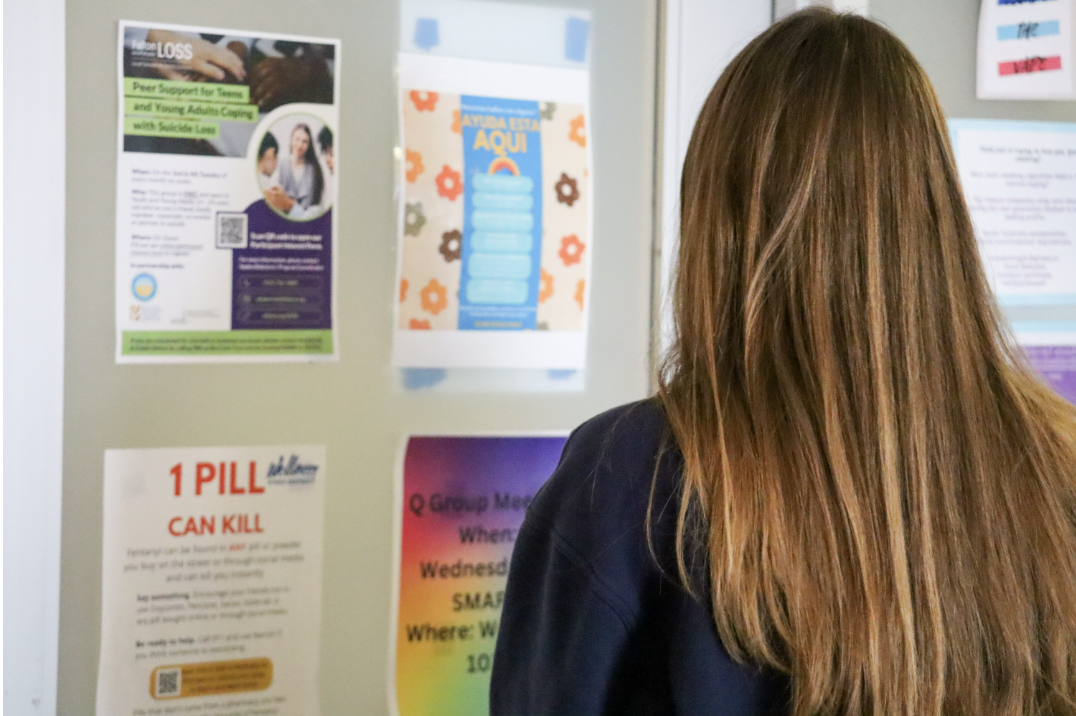Face to Face: Are AP classes Always Positive or Always Pointless?
June 3, 2022
Face-to-Face is a feature that allows two members of the Redwood community to debate with each other, argue or simply converse about a relevant issue or event. We provide the topic, and they do the rest. This month’s participants are junior Lauren Huizenga and senior Sydney Nichol, discussing the topic of Advanced Placement (AP) classes.
How many AP classes do you take this year?
Lauren Huizenga: None.
Sydney Nichol: Five.
Why did you decide to take this number of AP classes?
LH: I decided not to take any [APs] this year because I’m busy with track and cross country.
SN: I didn’t consciously choose to [take 5 AP classes]. I think the school automatically enrolled me in a lot of them because I qualified for them. I’m doubled up in math right now, but I never really intended to do that.
Do you think AP classes, in general, are beneficial for students?
LH: I do think that AP classes can be helpful, but they’re not necessary to get into a good college.
SN: I think they’re beneficial [because] when you go to college, it is very helpful to get credits so that [in college] you can choose to take classes that you actually care about.
Should Redwood continue to offer AP classes to students?
LH: Yeah, I do think it’s good for kids to be able to take them because many kids are far ahead.
SN: A lot of Redwood students are looking to try and get [in] to top colleges and they really look for those APs. I know personally, I moved from New York [my] junior year, and I came from a private school that didn’t have APs. My transcript compared to [many] Redwood [students] was significantly different, so I think that having APs is quite beneficial.
What is one pro of taking AP classes?
LH: One pro would be that many colleges accept AP classes and they can [help] prepare you for what you want to do in life. [It’s also] a great way to test out a subject without having to make major decisions in college.
SN: [One] pro is being able to get a head start in college and on your general education requirements, [which] is pretty nice, especially in topics you’re not interested in majoring in. I also like how there’s a decent amount of work, [which] makes you think about [subjects] on your own instead of just getting led by your teacher through everything.
What is one con of taking AP classes?
LH: The overload that [AP classes can cause has] shown higher [rates of] depression and anxiety because [students] feel like they have to achieve A’s. Another con is that now many colleges aren’t looking at weighted GPAs, they are looking at unweighted GPAs, so it’s almost unnecessary to take [AP classes].
SN: I think they’re a bit stunted in the way that they really only cater to the AP test and the AP test doesn’t always relate to [worldly] problems and issues. Also, they can be fast-paced because they try to get through every topic they have to, and that fast-paced makes them glance over certain topics that may be more important, or it also doesn’t allow for [help] if one kid’s falling behind.






